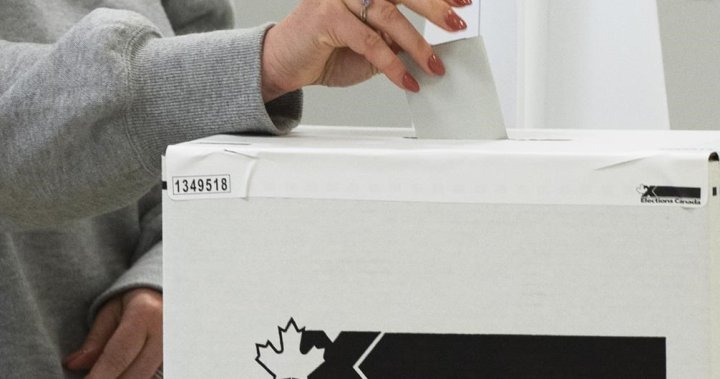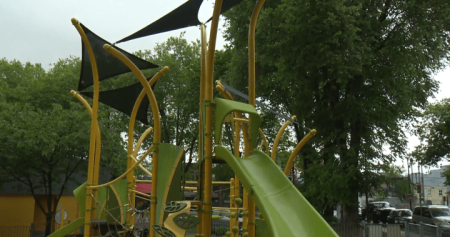The public inquiry into foreign interference in Canadian elections has revealed China’s attempts to meddle in the 2019 and 2021 elections. While evidence suggests that China made sophisticated and persistent efforts, it is unclear whether they were successful. Canada’s spy agency has identified China as the most significant source of interference, with additional threats from Russia and Iran. A panel of bureaucrats known as the “panel of five” was tasked with monitoring foreign interference and issuing warnings if necessary. In the 2019 election, the panel reported that interference was largely directed from China, as well as India and Pakistan.
The inquiry highlighted instances of potential foreign interference activities, including China mobilizing support for preferred candidates and using threats and intimidation. There were also allegations that Beijing and New Delhi attempted to transfer cash to candidates who were less critical of their governments. A misinformation campaign aimed at dissuading the Chinese-Canadian community from voting for the Conservatives was identified, but a definitive link to state-sponsored meddling was not found. Despite concerns raised by intelligence officials, the threshold for issuing public warnings about threats to election integrity remained high to avoid undermining Canadians’ faith in the election process.
Politicians, including former Conservative leader Erin O’Toole and NDP MP Jenny Kwan, shared their experiences with foreign interference. O’Toole suggested that a misinformation campaign may have cost him seats in the last election, while Kwan revealed that she was identified as a target for China by CSIS. The commission also heard testimony related to Toronto MP Han Dong, who faced allegations of willingly participating in Chinese meddling to secure his seat in 2019. Dong denied knowledge of these claims but admitted to soliciting support from high-school students with Chinese citizenship for his nomination in the Don Valley North riding contest.
The inquiry also revealed that Dong had discussed Beijing’s imprisonment of Canadians Michael Kovrig and Michael Spavor with Chinese diplomats. Media reports alleged that Dong advised China to delay freeing the two Canadians, although intelligence agencies believed he had actually informed diplomats that their release would not make the Conservative Party less critical of China. Prime Minister Justin Trudeau was made aware of irregularities in Dong’s nomination contest during the 2019 election, but opted not to overturn the nomination due to lack of proof. The CSIS director has briefed Trudeau on the overall threat landscape of foreign interference and specific instances of potential meddling.
The commission is expected to deliver a preliminary report by May 3, with final recommendations to follow by the end of the year. In September, the commission will hold another round of hearings focused on Canada’s capacity to detect and deter foreign interference. The inquiry has shed light on the complex challenges posed by foreign interference in Canadian elections and the need for robust measures to protect the integrity of the democratic process. It has highlighted the importance of transparency, vigilance, and strong safeguards against external threats to ensure the fairness and legitimacy of future elections.















